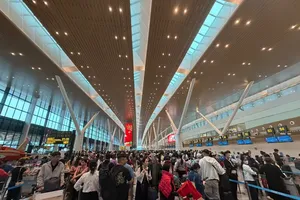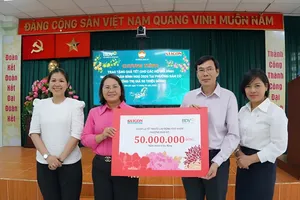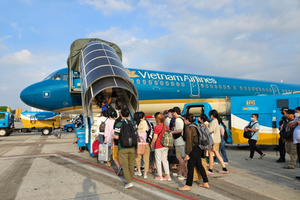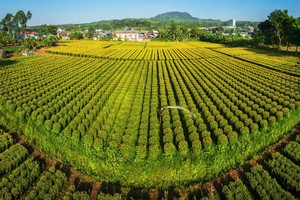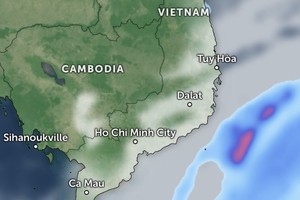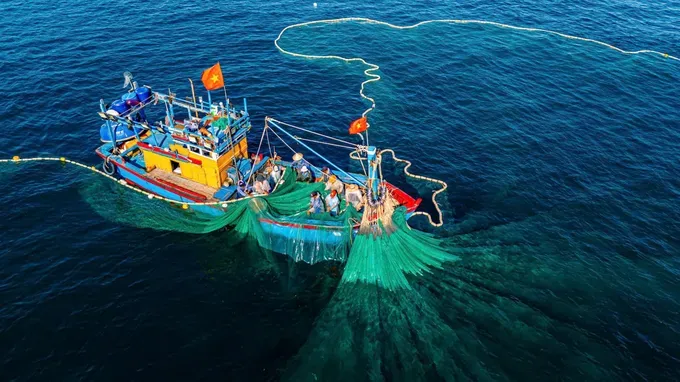
Twelve fisheries will be affected
As of September 1, 2025, the United States has enforced the Marine Mammal Protection Act (MMPA), which stipulates that only seafood from historical sites considered comparable to U.S. marine mammal protection standards may be imported. The Act forces exporting countries, including Vietnam, to reform fishing practices if they wish to maintain access to the U.S. market.
According to Deputy Director General Le Tran Nguyen Hung of the Fisheries and Surveillance Department, enforcement of the MMPA falls under the U.S. National Oceanic and Atmospheric Administration (NOAA). The Act aims to ensure that imported seafood does not originate from fisheries that excessively harm dolphins, whales, and other marine mammals, which the U.S. consider species of global concern, not just within its territorial waters.
Deputy Director General Le Tran Nguyen Hung stressed that this is a trade–environmental standard, not purely an economic one. The MMPA requires exporting countries, including Vietnam, to adapt their fishing methods if these countries wish to retain market access.
NOAA has so far recognized 11 Vietnamese reserves as equivalent, but 12 others have not received such recognition. These resorts pose risks of entanglement, injury, or death to marine mammals due to the use of certain gear types such as gillnets, longlines, and purse seines that can trap dolphins and whales. Without corrective action, from January 1, 2026, products sourced from these 12 rooms will be banned from entering the U.S. market.
Fisheries experts warn that Vietnam’s seafood exports to the U.S. valued at US$1.8 billion in 2024 could fall by hundreds of millions of US dollars under the new restrictions. Products most at risk include tuna, swordfish, squid, grouper, and lobster. Vietnamese enterprises now face mounting pressure to demonstrate that their fishing practices minimize harm to marine mammals while also meeting stringent traceability requirements.
Immediately following the passage of this legislation by the United States, the Vietnam Association of Seafood Processing and Exporting (VASEP) sent a formal letter to the Ministry of Agriculture and Environment, the Ministry of Industry and Trade, and other relevant agencies, proposing that the Government consider hiring experts and consulting firms from the United States to assist in addressing technical issues aimed at enhancing the likelihood of achieving equivalence under the MMPA. VASEP also urged the Government to implement urgent short-term and long-term measures to support the seafood harvesting industry.
According to a representative from VASEP, the United States has set January 1, 2026, as the date from which it will only permit the importation of seafood from fisheries that have been recognized as equivalent. Therefore, Vietnam must clearly define the timeline, roadmap, and transitional mechanisms to enable fishermen and businesses to prepare adequately.
Specifically, VASEP suggested that while Vietnam works on improving its fisheries, the United States should temporarily allow imports from 12 fisheries that have been denied for a period of 1-2 years, contingent upon a commitment to implement specific measures. An aquaculture expert noted that NOAA has previously applied this mechanism with several other countries to avoid causing trade shocks.
Vietnam is advancing gear conversion and sustainability measures
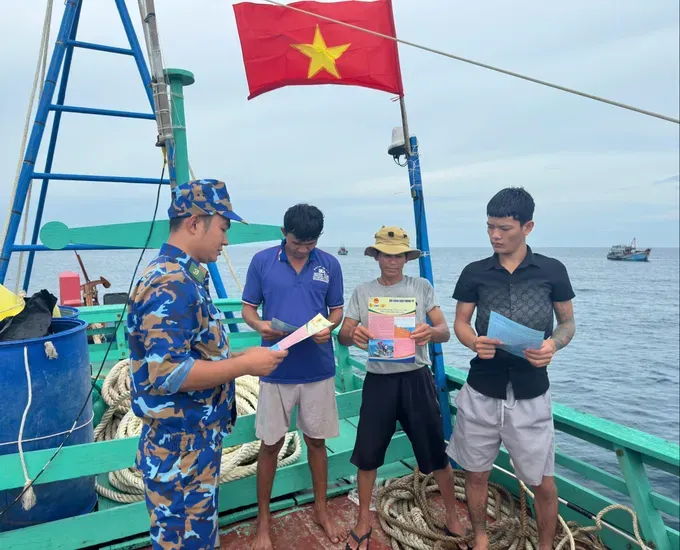
Vietnam’s Minister of Industry and Trade Nguyen Hong Dien recently sent a letter to the U.S. Department of Commerce (DOC) requesting a review of the National Oceanic and Atmospheric Administration’s (NOAA) decision not to recognize 12 Vietnamese fisheries.
The Ministry of Agriculture and Environment emphasized that Vietnam has already undertaken significant steps to improve fisheries management, ranging from the 2017 Fisheries Law to initiatives such as IUU (Illegal, Unreported, and Unregulated) fishing control, SIMP (Seafood Import Monitoring Program), and FIP (Fisheries Improvement Program) for tuna supply chains, as well as strengthened local-level management.
Deputy Minister Phung Duc Tien has called for a conference to resolve obstacles while directing the Department of Fisheries, Fisheries Surveillance, and relevant associations to prepare documentation requesting U.S. authorities to revise and move toward equivalent recognition for the remaining fisheries.
A representative of the Ministry of Agriculture and Environment noted that, alongside policy dialogue, Vietnam must implement a series of technical solutions. These include converting and improving fishing gear to align with U.S. standards, enhancing monitoring through vessel positioning systems and AI-enabled cameras, and collecting and publishing transparent exploitation data to ensure no harm to marine mammals. The Government is also considering issuing dedicated marine mammal protection regulations, incorporating conservation requirements into the Fisheries Law and its implementation guidelines, and tightening enforcement against IUU fishing.
The Vietnam Association of Seafood Exporters and Producers (VASEP) further recommends that enterprises take proactive measures to demonstrate traceability, pursue internationally recognized certifications such as MSC (Marine Stewardship Council) and Dolphin Safe, and prepare strategies to diversify markets to reduce reliance on the United States.
Industry experts stress that if Vietnam accelerates reform and provides scientific evidence, NOAA may still consider removing the remaining 12. Conversely, failure to act could result in the loss of one of Vietnam's largest export markets, which combined with the existing European Union IUU “yellow card” would create a dual barrier for the country's seafood industry.
Deputy Minister of Agriculture and Environment Phung Duc Tien stated that being recognized only as a partial equivalent will significantly impact Vietnam's seafood export operations. Consequently, relevant agencies and units must urgently formulate plans, communicate with the US authorities, and implement necessary measures this year to mitigate the risk of export restrictions starting January 1, 2026. There remains time to address these issues, and it is essential to concentrate on effectively resolving the challenges in the trawl fishery. The Ministry of Agriculture and Environment has assigned specific responsibilities to each unit, ensuring that the tasks are funded for early completion, followed by submission to the Ministry for review and proposal.





